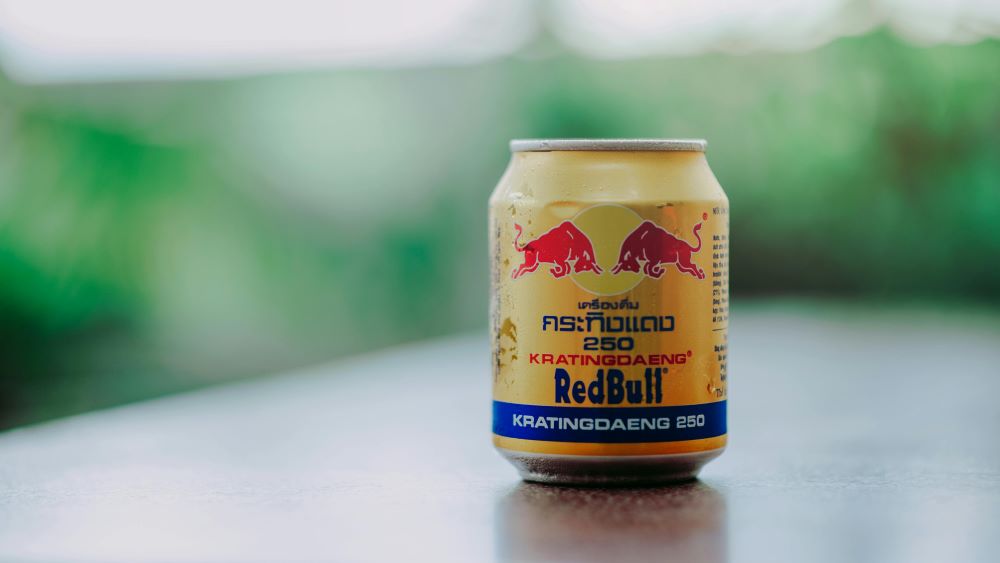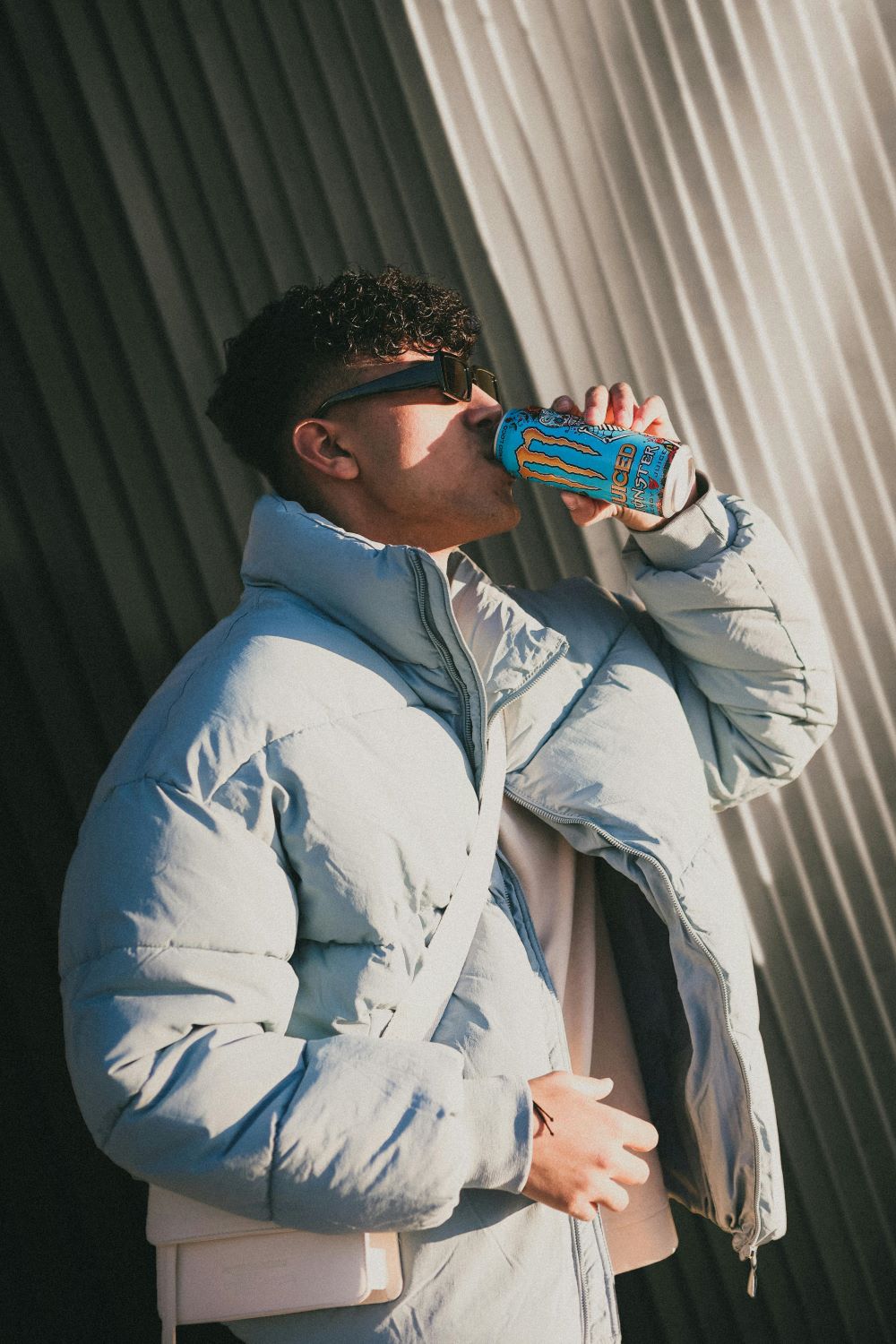Highly caffeinated energy drinks can take a significant toll on health, even if consumed only once in a while.
Energy drinks, often marketed as a quick fix for heightened alertness and performance, may hold an unforeseen downside, especially for sleep. Recent research, detailed in the journal BMJ Open, suggests that even occasional consumption of energy drinks could disrupt sleep patterns, shedding light on potential health concerns associated with these widely popular beverages. The study, which examined the habits of 53,226 individuals aged 18 to 35 as part of the Students’ Health and Well-being Study in Norway, uncovered a notable association between energy drink consumption and sleep quality. Participants provided insights into their energy drink intake frequency and reported sleep-related data, including sleep onset time, duration, and disturbances throughout the night.
Interestingly, the study revealed that individuals who consumed energy drinks on a regular basis reported fewer overall sleeping hours and experienced more disruptions during sleep compared to those who consumed them less frequently. This trend persisted even among occasional consumers, defined as individuals drinking energy drinks one to three times a month, who exhibited increased susceptibility to sleep-related issues.
While prior research hinted at the connection between energy drinks and sleep disturbances, this study offers deeper insights into the specific aspects of sleep affected by their consumption. Notably, it discusses the potential risks associated with energy drinks, irrespective of their consumption frequency.

Moreover, the study highlighted notable gender differences in energy drink consumption patterns, with a higher percentage of men reporting daily consumption compared to women. Despite this variance, both genders experienced similar sleep disturbances, emphasizing the universal impact of energy drinks on sleep quality.
Experts attribute the sleep disruptions to the high caffeine content present in energy drinks. With an average caffeine content ranging from 200 to 300 milligrams per can, energy drinks surpass the caffeine levels found in coffee and other popular beverages. This heightened caffeine concentration, coupled with additional caffeine-containing ingredients like guarana, contributes to increased feelings of alertness but also poses challenges to achieving restful sleep.
According to Ilisa Nussbaum, RD, a registered dietitian nutritionist at Yale Children’s Hospital, caffeine’s stimulating effects on the nervous system and hormone circulation can impair both sleep initiation and maintenance. Steven Feinsilver, MD, director of the Center for Sleep Medicine at Northwell Lenox Hill Hospital, corroborates this, emphasizing that energy drinks affect various aspects of sleep regulation.
The potential consequences of disrupted sleep extend beyond immediate discomfort, with long-term implications for overall health and well-being. Nussbaum warns against the development of reliance on energy drinks to combat fatigue, which could perpetuate a harmful cycle of sleep disturbances and increased consumption.
In light of these findings, individuals considering energy drink consumption should exercise caution and consider its potential impact on sleep quality. While moderate consumption may not pose significant risks, excessive intake, especially close to bedtime, could exacerbate sleep-related issues.
Nussbaum advises individuals to monitor their caffeine intake and be mindful of personal sensitivities to caffeine-related side effects, such as elevated blood pressure and heart palpitations. Additionally, she cautions against combining energy drinks with alcohol, as the stimulant effects of caffeine can mask alcohol’s effects, potentially leading to overconsumption.
Ultimately, understanding the relationship between energy drinks and sleep disturbances allows individuals to make informed choices about their consumption habits, prioritizing both short-term energy boosts and long-term sleep health.
Sources:
Study: Even the Occasional Energy Drink Can Increase the Risk of Sleep Disturbances


Join the conversation!